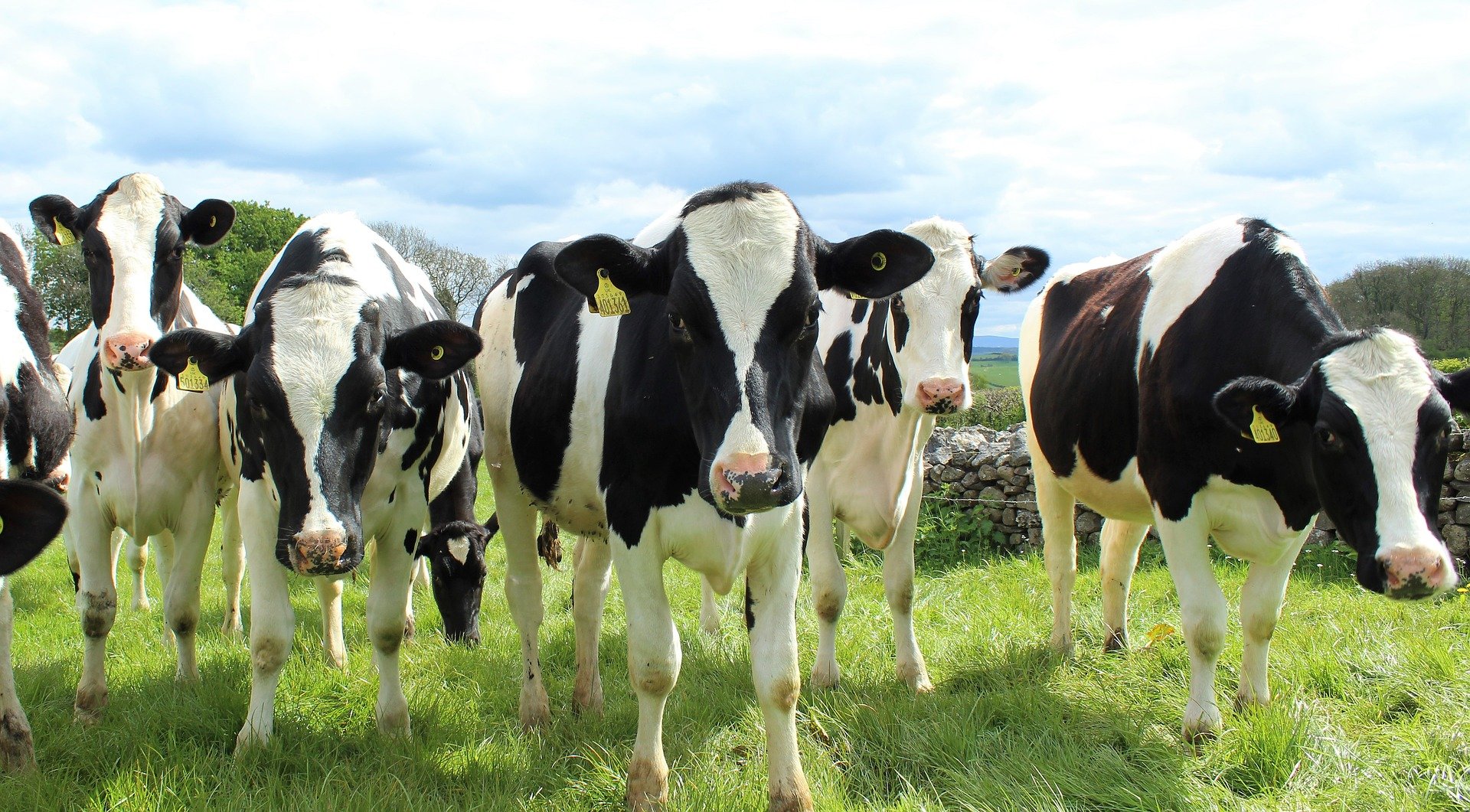Cleaving
Their method targets mastitis, a mammary gland infection that is very common in dairy cattle. The Cas13a protein forms the basis for this method. This protein is able to identify a specific piece of genetic material and subsequently cleave it. In this case, that specific piece is the gene in antibiotic-resistant bacteria that causes mastitis. If the Cas13a protein identifies that resistant gene in cow's milk, all of the genetic material is cleaved. This method turns the milk sample transparent. If no antibiotic-resistant bacteria are identified, the milk remains cloudy. This procedure will let the farmer change the treatment method as required and lower the overall usage of antibiotics.
Water bears
To prevent the test from perishing and to enable its use outside the laboratory, the students have wrapped the Cas13a protein in the proteins of water bears. These TPD proteins are used by water bears to survive drought for extended periods of time and allow the Cas13a protein to be dried without losing its effectiveness. As a result, it keeps longer. This method has been tested and proved in the laboratory, but it is not yet ready to be turned into a commercial product. For that reason, the students are currently looking for a company that would like to continue working with their ideas.
Source: TU Delft

